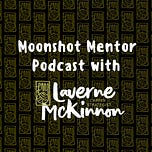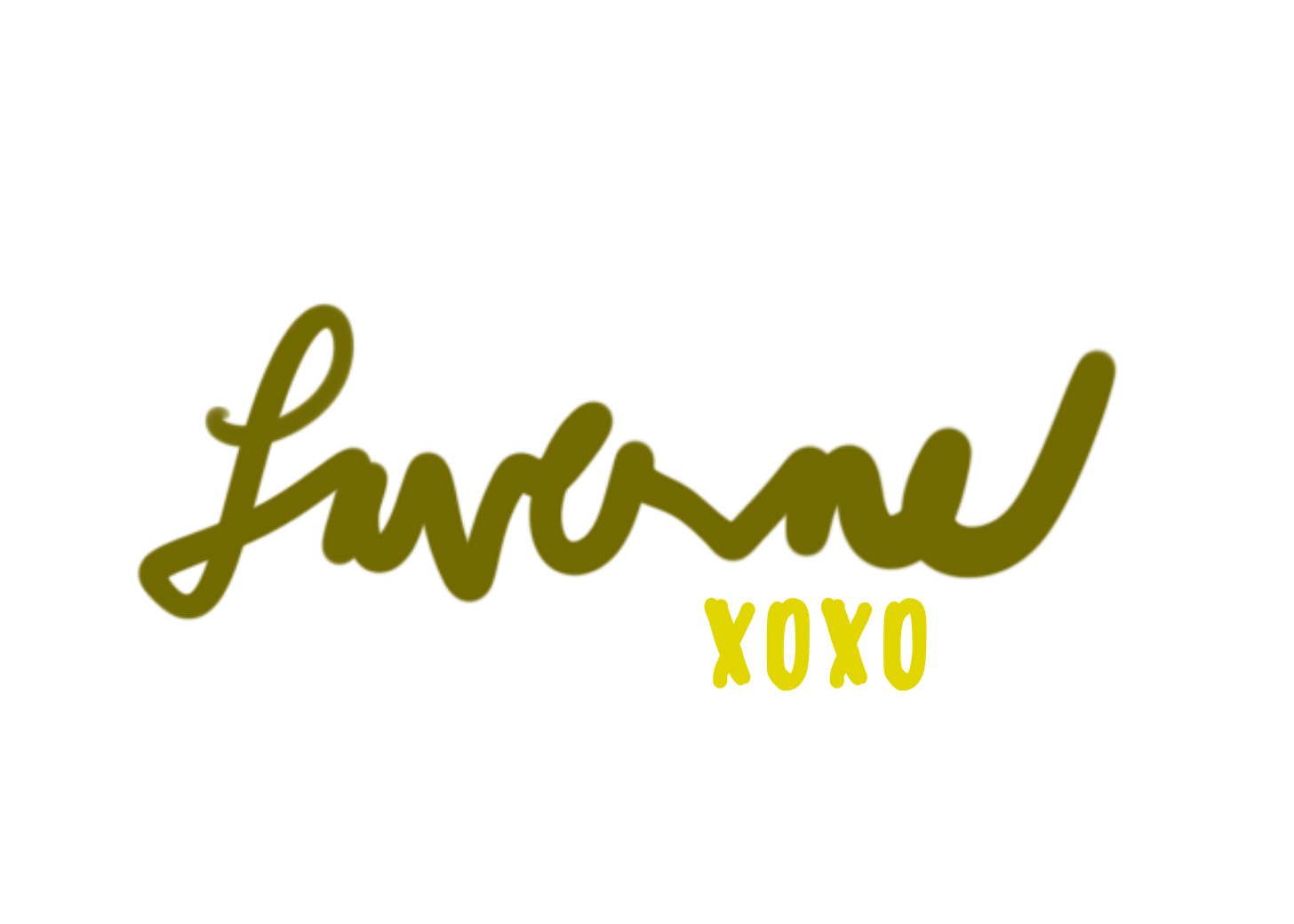Everyone hits some kind of turbulence at some point in their life and career. Missteps, obstacles, and setbacks are inevitable. Failure to acknowledge and process these losses properly can lead to imposter syndrome, burnout, low self-esteem, confusion, and even result in completely abandoning your dreams.
The hard truth is that unprocessed failure leads to a loss of resiliency. And resiliency is a critical element to long-term career success. Long-term career success leads to financial stability and fulfillment.
In an effort to make my work accessible to everyone, you can now read, listen or watch the post. Yup, gulp, yikes. Really putting myself out there by going on camera. Subscribe to my YouTube channel here.
WHAT IS RESILIENCY?
Google says “it’s the capacity to withstand or to recover quickly from difficulties.” For what it’s worth and in my work as a coach, I would remove the word “quickly.” It’s a judgment word in this context and negates the fact that everyone moves at different speeds at various points in their lives.
However, the ability to connect or reconnect with one’s intellectual, emotional and spiritual elasticity is the key to overcoming challenges and moving forward. Think of it this way. The opposite of elasticity is rigidity. Rigidity is stiff, brittle, and easily broken. When you’re rigid in your career - say not acknowledging that marketplace conditions have shifted and you need to update your skill set - then your career is going to suffer. When you connect with your elasticity then you’re able to adapt to changing circumstances and still retain the core of who and what you are.
So for example, a client I’ll call Terry started their career as a copywriter. Over time they found that jobs were becoming fewer and further between because their expertise was in a product category that had diminishing value. So Terry went back to school and re-invented themselves as a marketing manager and oversees a team of digital content producers.
Terry could have kept pushing the copywriting boulder up the mountain (rigidity), but they acknowledged the obstacle that was out of their control (changing consumer desires as it related to her product category). They looked at their core competencies (writing, positioning consumer goods to address consumer needs and desires, design) and the shifting ways consumers were learning about products. Terry recognized that they needed to alter their game to stay in the game.

RESILIENCY AND ELASTICITY HELP US TO CONTINUE TO GROW
And I believe it’s human nature to grow. We grow up, we grow old, we grow together, we grow apart … if we’re not growing then we stagnate and die. Literally and metaphorically.
Unfortunately things happen in our lives that may trigger us into stagnating - stagnation is a kind of defense mechanism to protect either the identity we have of ourselves or being hurt in some way.
When I was in high school I loved to sing in the choir and in musicals. One time during rehearsal I hit a sour note and from that day forward I pulled way back on singing and eventually stopped. I was embarrassed and didn’t know how to rebound from one mistake. The identity I was trying to protect was someone who was perfect and never got things wrong.
If I had taken the time (and had some side-coaching or mentoring) to process this mistake, I would have learned several things that would have helped me access my resiliency and bounce back:
Warm up my vocal chords
Fine tune my breath by breathing from my belly
Adjust my posture so I’m not slouchy
Imagine myself singing “on top” of the note
There are probably at least a dozen more pro-tips that would have helped me to understand the mechanics of singing and that it’s absolutely normal to hit sour notes. And when I think about this list right now, I can see how doable it all is and how I robbed myself of something I enjoyed doing in order to protect my identity. My inability and willingness to process the mistake stopped me from accessing my resiliency (the ability to recover from difficulties.)
TOM BRADY HAS BAD FEET
Another example that I love from author and journalist Sally Jenkins is about Tom Brady - you know the GOAT - recently retired former NFL quarterback who never experienced a drop in play during his 22 years in the league. She writes about how Brady had bad feet in her book The Right Call: What Sports Teaches Us About Work and Life. Here’s a quote from an interview she did with Preet Bahrara on his podcast. She says: “I mean, he had really bad feet. I mean, he’s not talented at all, really. I mean, he has a good long arm with accuracy, but he worked like hell for the mechanics to deliver the ball as accurately as he did.”
Here’s the thing. Before Tom Brady was the GOAT, he wasn’t performing to full potential. So he and his coaches analyzed the problem and discovered he had really bad feet. In the book it talks about how they would throw sandbags at his feet and really create situations of duress during practice so he could overcome this problem.
Unprocessed failure leads to a loss of resiliency. Resiliency is a critical element to long-term career success. Long-term career success leads to financial stability and fulfillment.
Sally wraps up this story about Tom Brady in the Preet podcast by saying, “The astonishing thing about the guy is that he got faster in his 40s than he was in his 20s, if you look at his times in the 40-yard dash.”
HOW TO PROCESS MISSTEPS, OBSTACLES, AND FAILURES
Here are simple, not always easy, steps to help you navigate challenges:
Leave judgment at the door.
Accept the fact that mistakes are inevitable and happen to everyone. That’s not hyperbole. They truly happen to everyone.
Assess the situation in which the misstep, obstacle or failure occurred through the lens of the steps required to succeed.
Pro-tip: These steps are typically not chiseled in stone. What’s required to downhill ski on a sunny, 42 degree day is different then on a windy, snowy 32 degree day.
If you can’t identify the steps required, this is your first course correction.
Talk to an expert or someone who’s done what you want to do and determine the steps.
If you are able to identify the steps, work through them methodically to determine the growth opportunities. Here are some sample questions to get you started - and feel free to add your own:
Do I need additional skills or training?
Do I need additional resources?
Do I need to adjust my mental attitude?
Do I need financial investment?
If you’re working the steps, but don’t have clarity on areas to improve then ask for feedback from a mentor, coach, teacher, colleague, friend, etc.
Rinse and repeat until you have gained clarity on what’s needed to succeed.
Pro-Tip: Sometimes processing through failure creates instantaneous results. Other times it takes months or years of effort.
By going through these steps, you’re able to discover a wonderful gift: your ability to learn and adapt. Much like the toddler who takes a step, falls, and gets back up, we too are naturally resilient.
And tapping into this resiliency will keep your career supple, strong and healthy.
JOURNAL PROMPTS
What’s a mistake that you made in your career? In looking back at it through the lens of assessment, what were you trying to achieve? What steps did you need to take to succeed? Which steps needed additional skills, training, resources, mental adjustment or financial investment? What else can you identify that would help you course correct or develop best practices for the future?
MOONSHOT RECOMMENDATION
I share a lot about my ongoing battle with perfectionism. And it’s truly ongoing! So whenever I see something that helps me arm up for that battle, I get super excited. My friend and fellow coach Michelle Pollack created this cool workbook called 4 Steps to Get Out of Your Own Damn Way. She made it for ambitious folx who are up to big things, but sometimes just need permission to get out of their own way and play a bigger game. Check it out and let me know what you think!
🙌🏾 Want to work with me? I offer private coaching sessions as well as in-person and virtual group work. Reach out directly here to set up a complimentary consultation.
Why subscribe? Moonshot Mentor with Laverne McKinnon is a reader-supported publication. Your subscription helps me continue to provide tools and insights to support your career growth including the importance of grief work. Unprocessed grief leads to a loss of resiliency. Resiliency is a critical element to long-term career success. Long-term career success leads to financial stability and fulfillment.
If you’re already a subscriber, please consider sharing this post. It helps me to reach more people and grow my subscriber base so that I can continue to provide tools and insights to support your career growth (see above!) including the importance of grief work.
Inspired by something you read here? You can highlight and share it via the Substack app. Or, screenshot your favorite part and post it on Instagram -- tag me @lavernemckinnon so I can repost you!
P.S. The more you share, the more rewards you earn like 1:1 coaching sessions with me!













